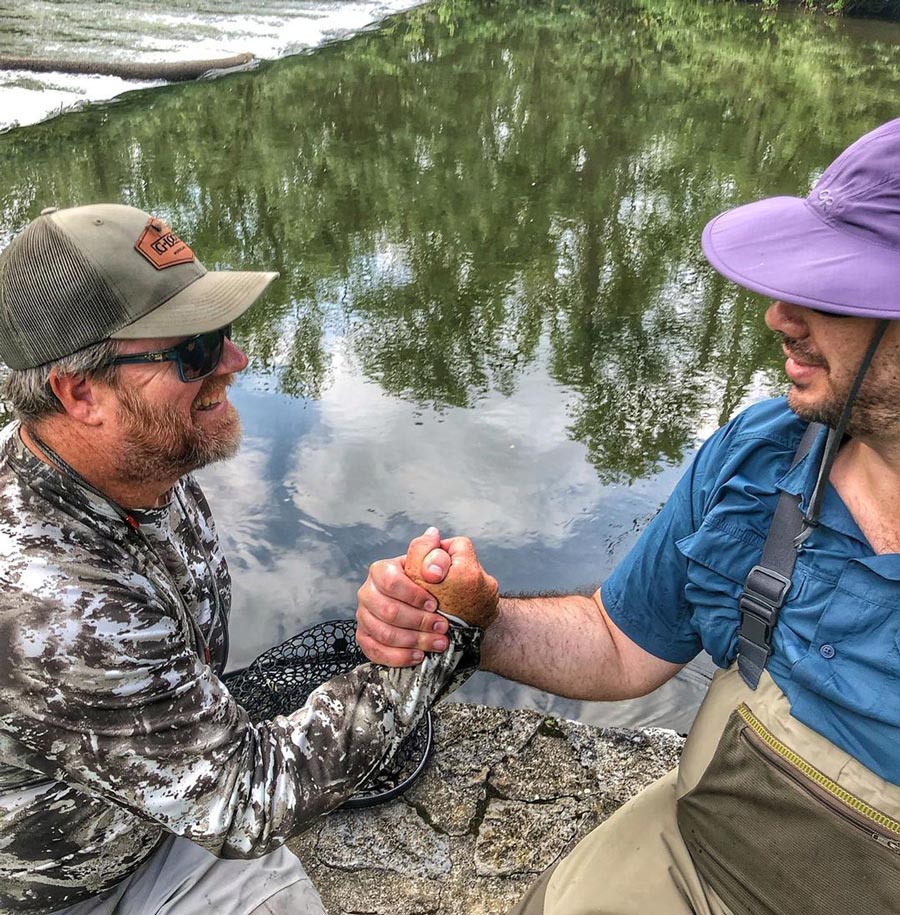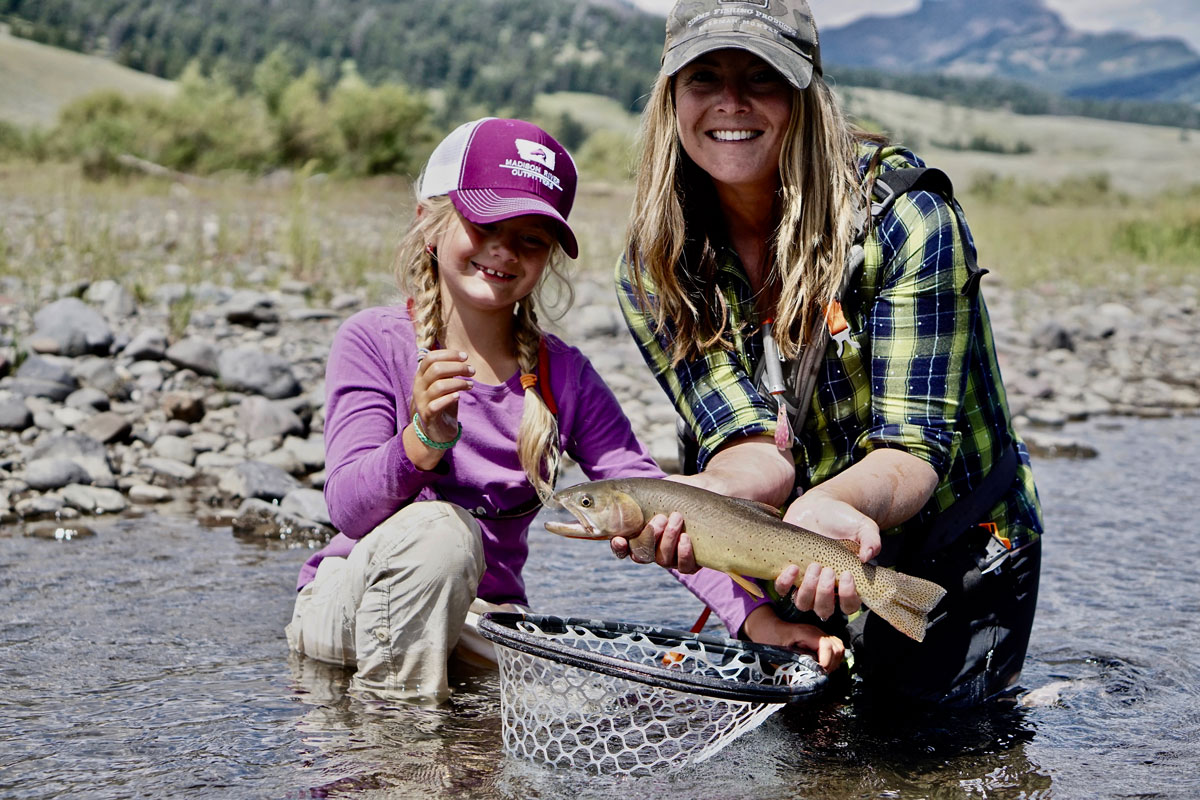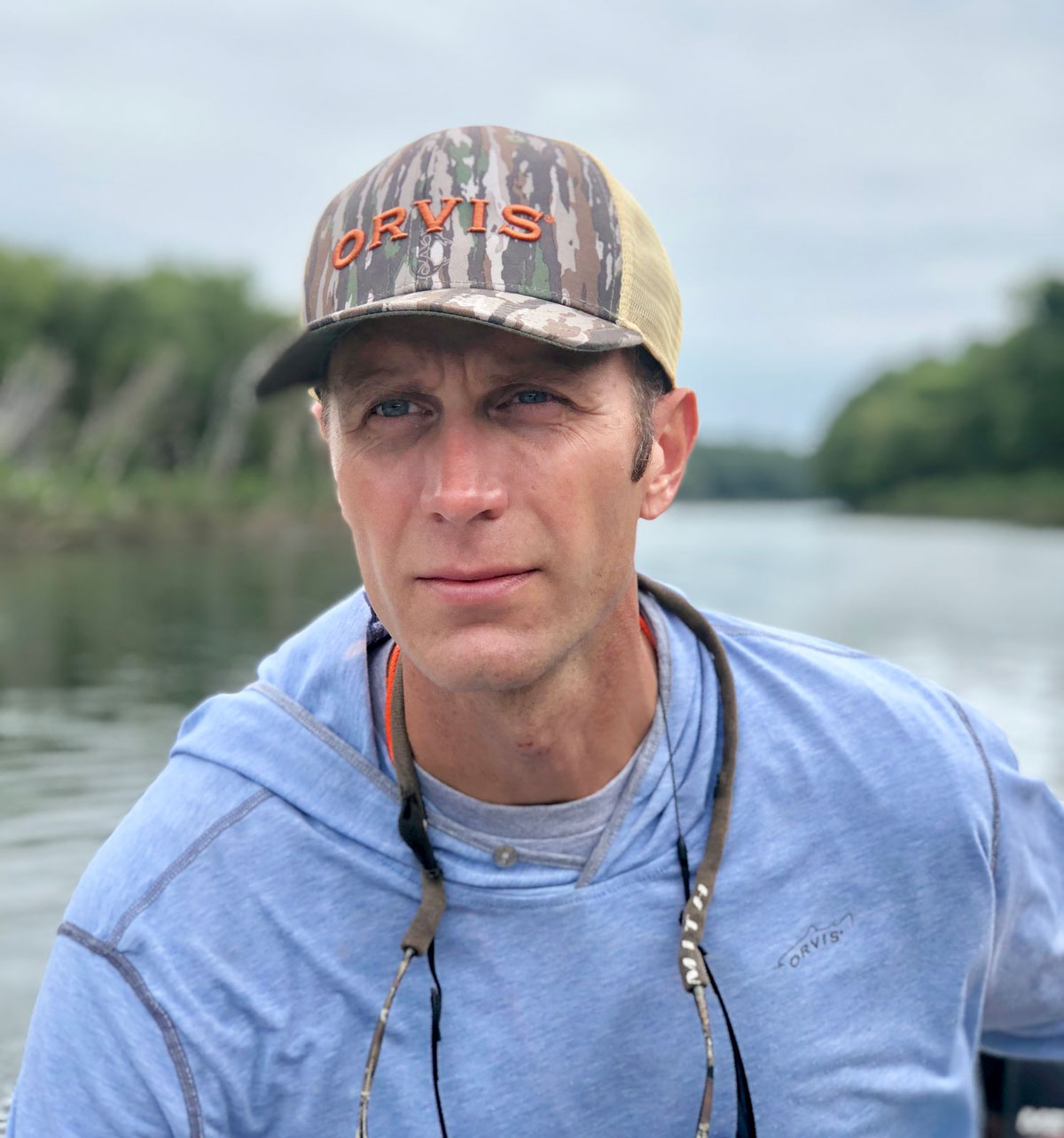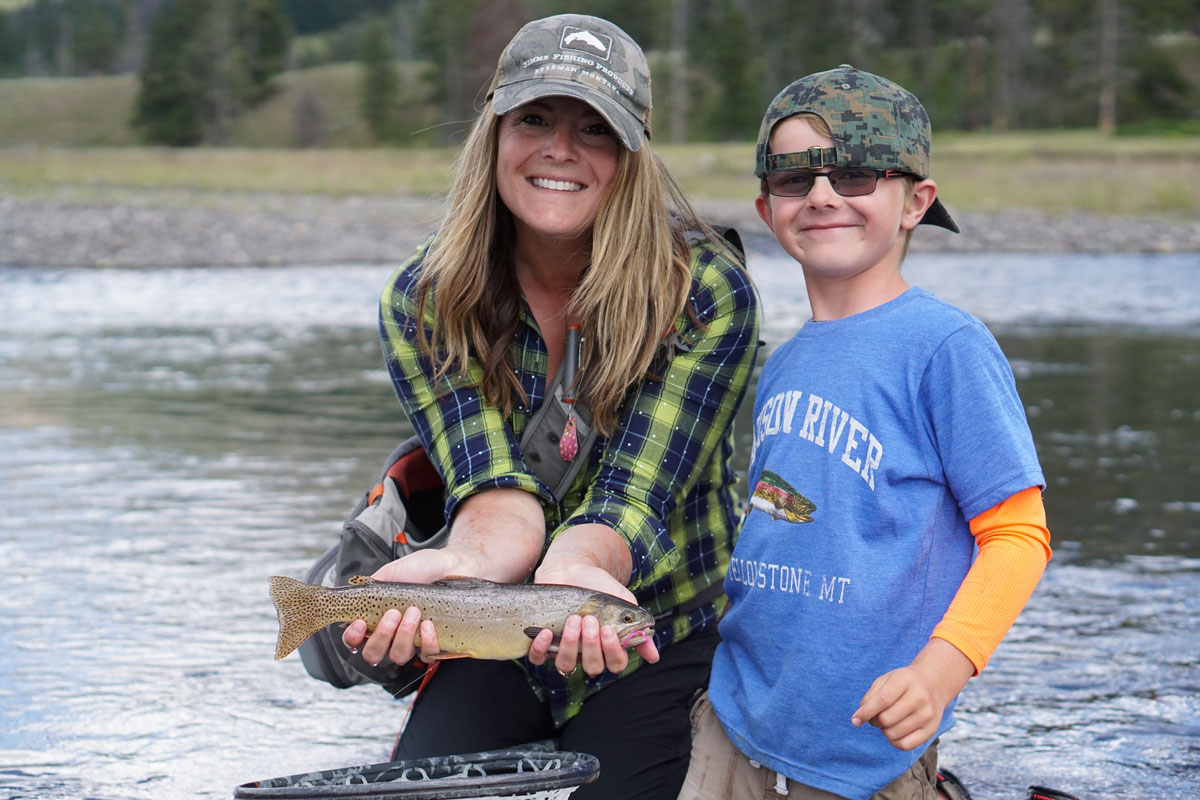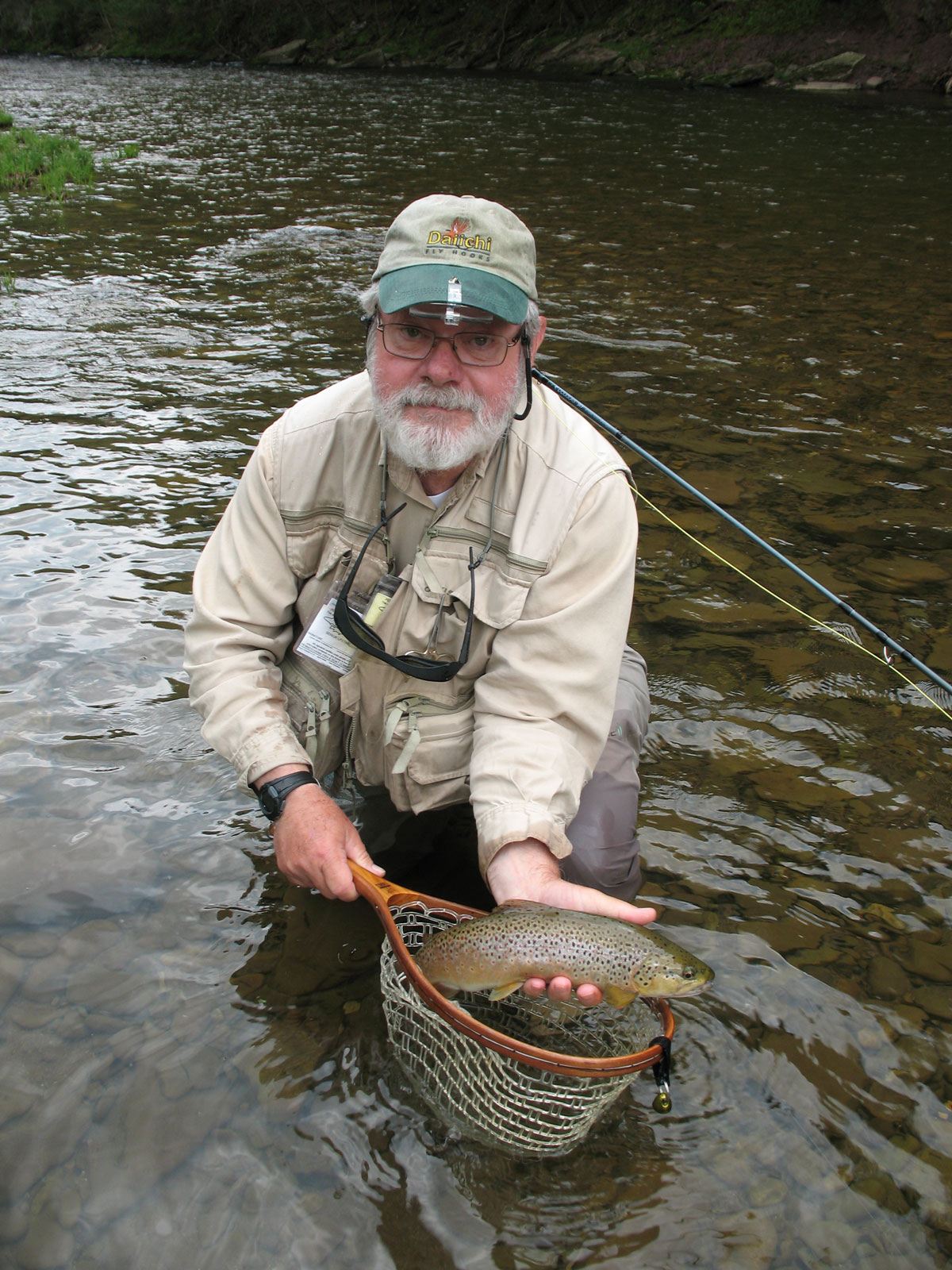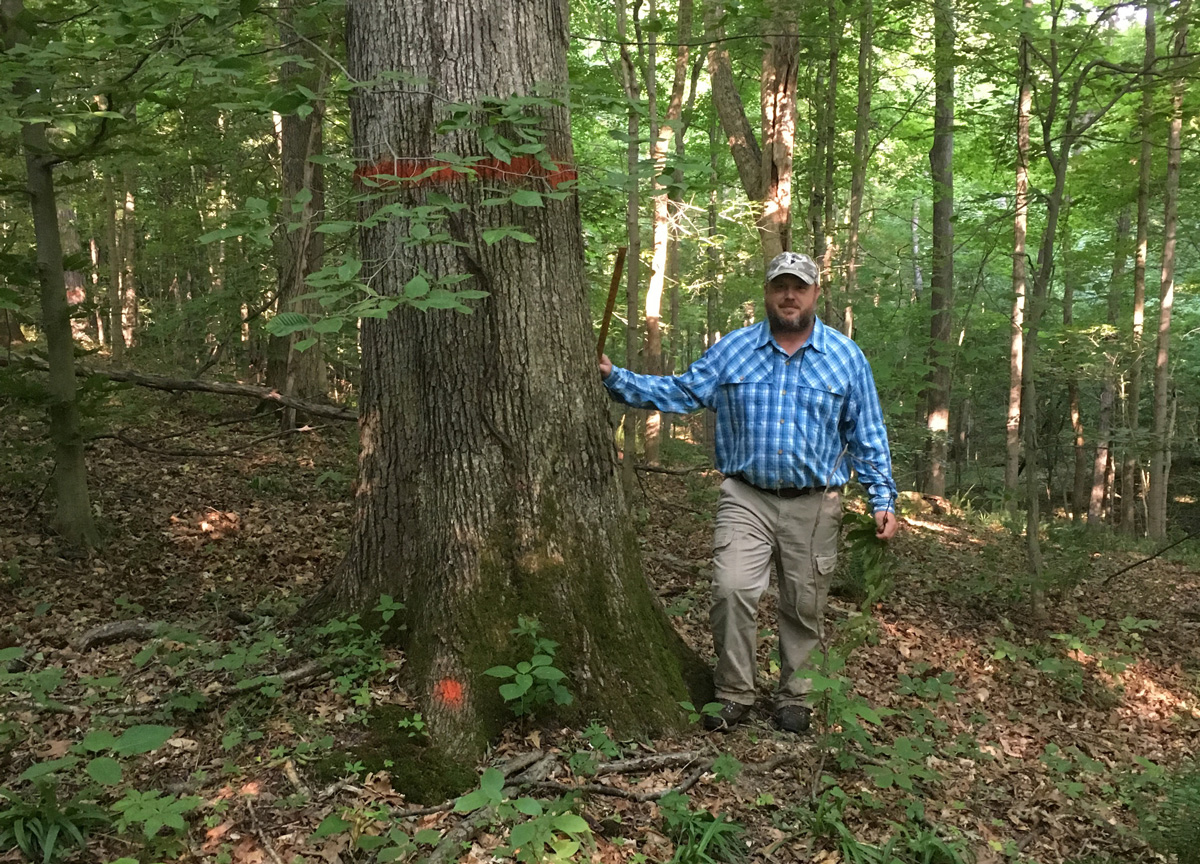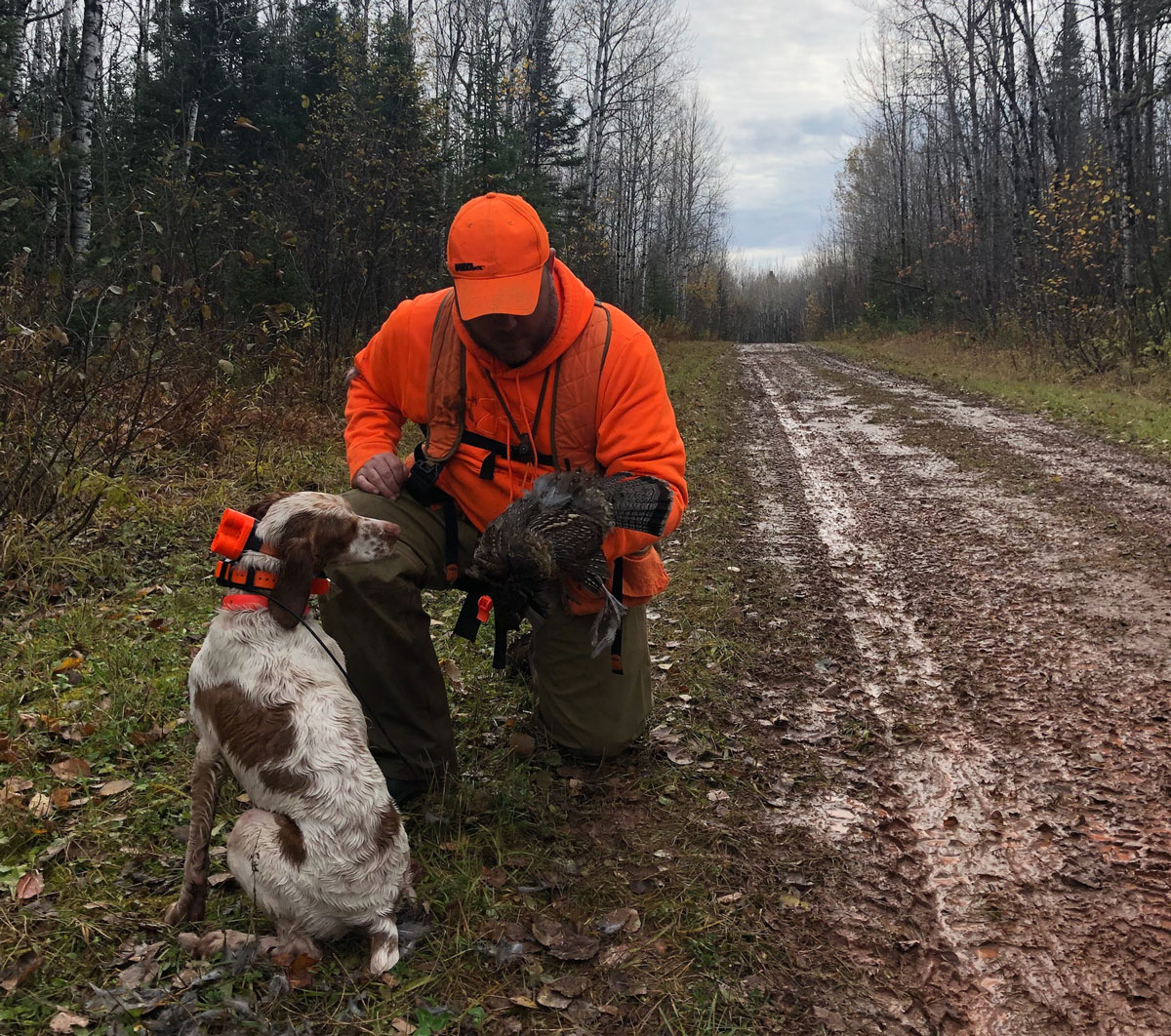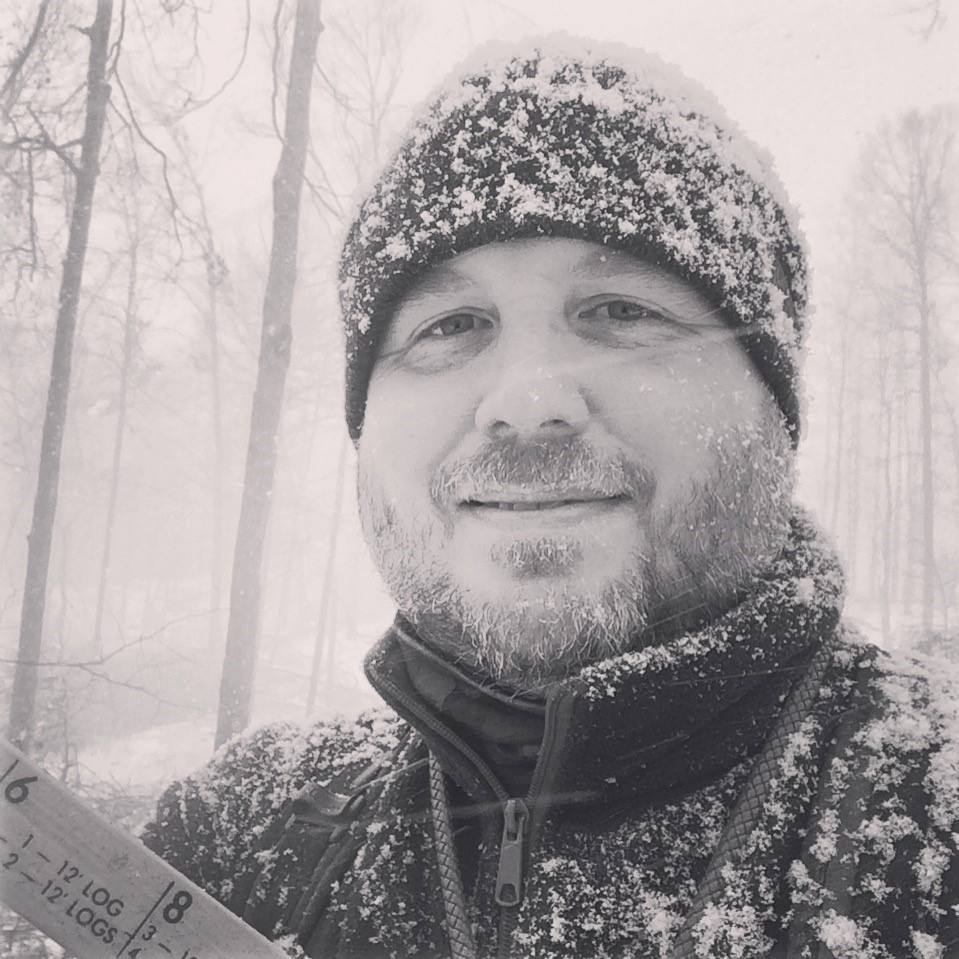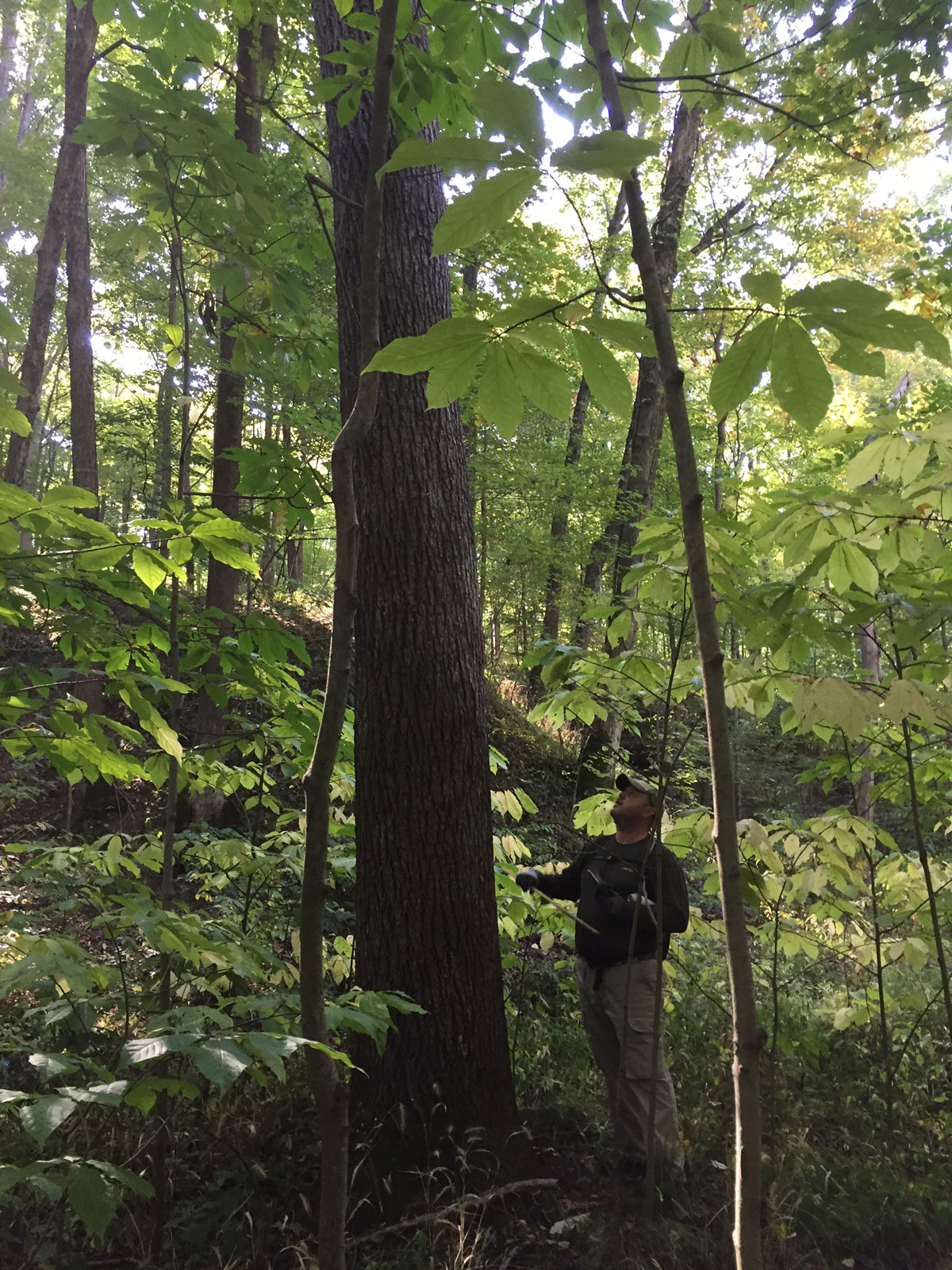TRCP’s “In the Arena” series highlights the individual voices of hunters and anglers who, as Theodore Roosevelt so famously said, strive valiantly in the worthy cause of conservation
Zane Zaubi
Hometown: Springfield, Illinois
Occupation: Real estate manager and developer at Horizons Land Development
Conservation credentials: Advocates for Farm Bill conservation programs and is currently enrolled in the Voluntary Access Program to give Illinois sportsmen more opportunities to hunt and fish on private land.
We love to see young people able to make the connection between conservation and the eventual harvest, whether it’s a big buck down or a lunker on the line. And this has been a way of life for Zane Zaubi since he was a kid. No wonder he is vocal about his support for conservation programs in the Farm Bill, sweeping legislation that he says, “affects everyone in our society, whether they know it or not.”
Here’s his story.
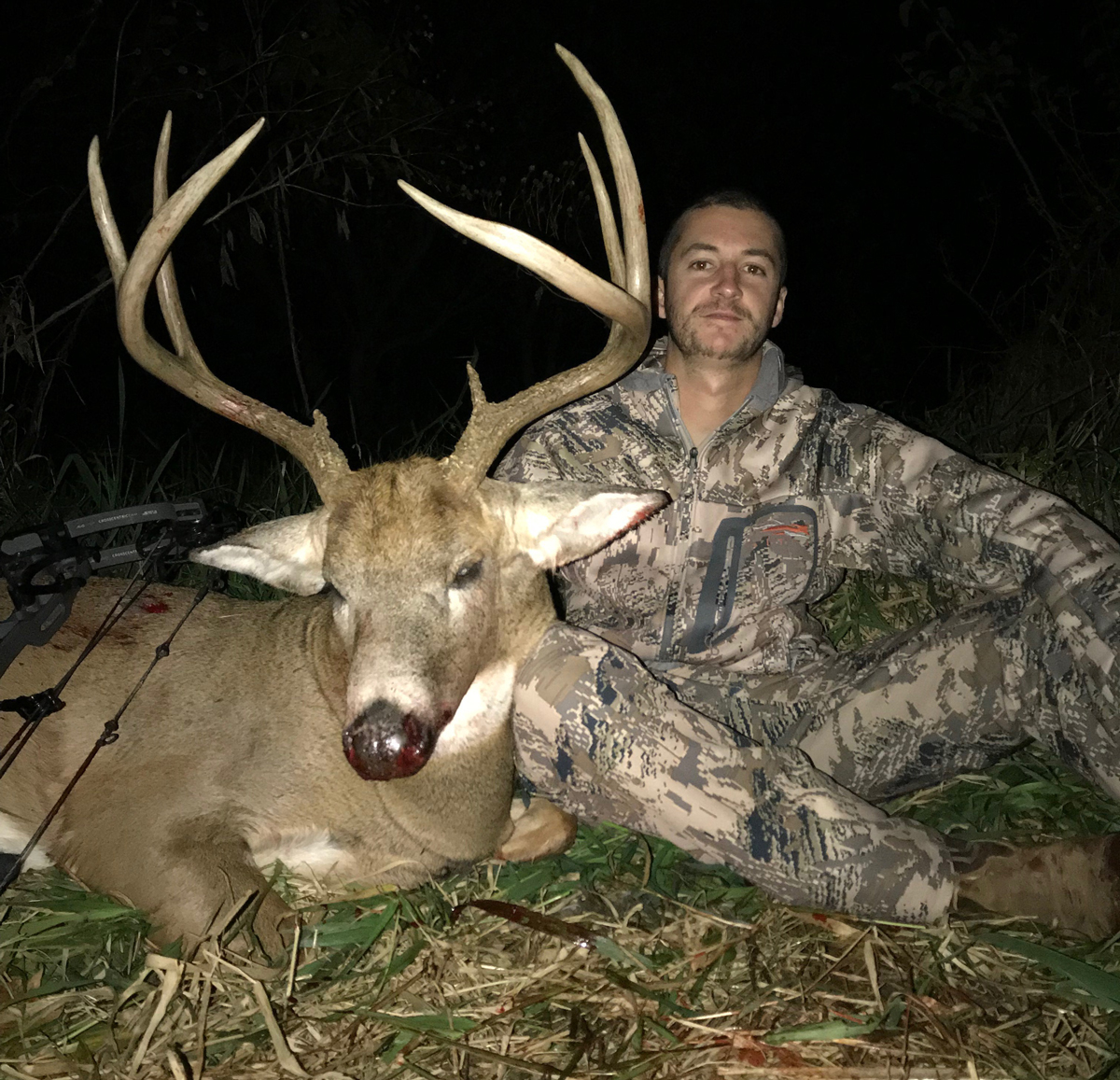
I was lucky enough to be born into a family that has always shared a passion for all things related to the great outdoors. My father and both of my grandfathers were avid hunters and anglers, and it didn’t take long for me and my brother to follow suit.
But, from a young age, I also learned the importance of managing habitat and protecting the health of our local gamebird and deer populations. We’ve always hunted throughout the fall and then worked the rest of the year to ensure each season is better than the last.
My idea of a dream hunt has never changed from the time I was ten years old—I’d want to float, fish, and hunt moose along as many Alaskan rivers as possible. One day!
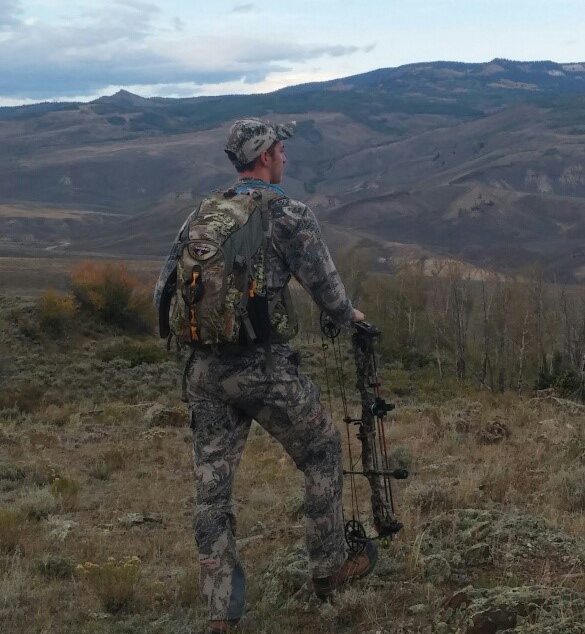
But the truth is, as much as I enjoy traveling and chasing different species around the country, I am a home body. What I enjoy most is creating what I believe to be the ideal whitetail habitat on our own farms and enjoying the fruit of that labor. There is just something special about working with my dad to develop a multi-year plan and having that all come together one November evening.
I’ve been an active participant in Farm Bill conservation programs and an advocate for improving these programs because, truthfully, the Farm Bill affects everyone in our society, whether they know it our not.
This is especially true for sportsmen. Over 90 percent of the state of Illinois is privately owned, which limits opportunity for those who share a passion for being outdoors. The Farm Bill’s Voluntary Public Access and Habitat Incentive Program is the only federal program that creates access for public hunting and fishing on private land. The bill also enables landowners to create habitat that has become scarce in farm country, like grasslands that suit pheasants and quail.
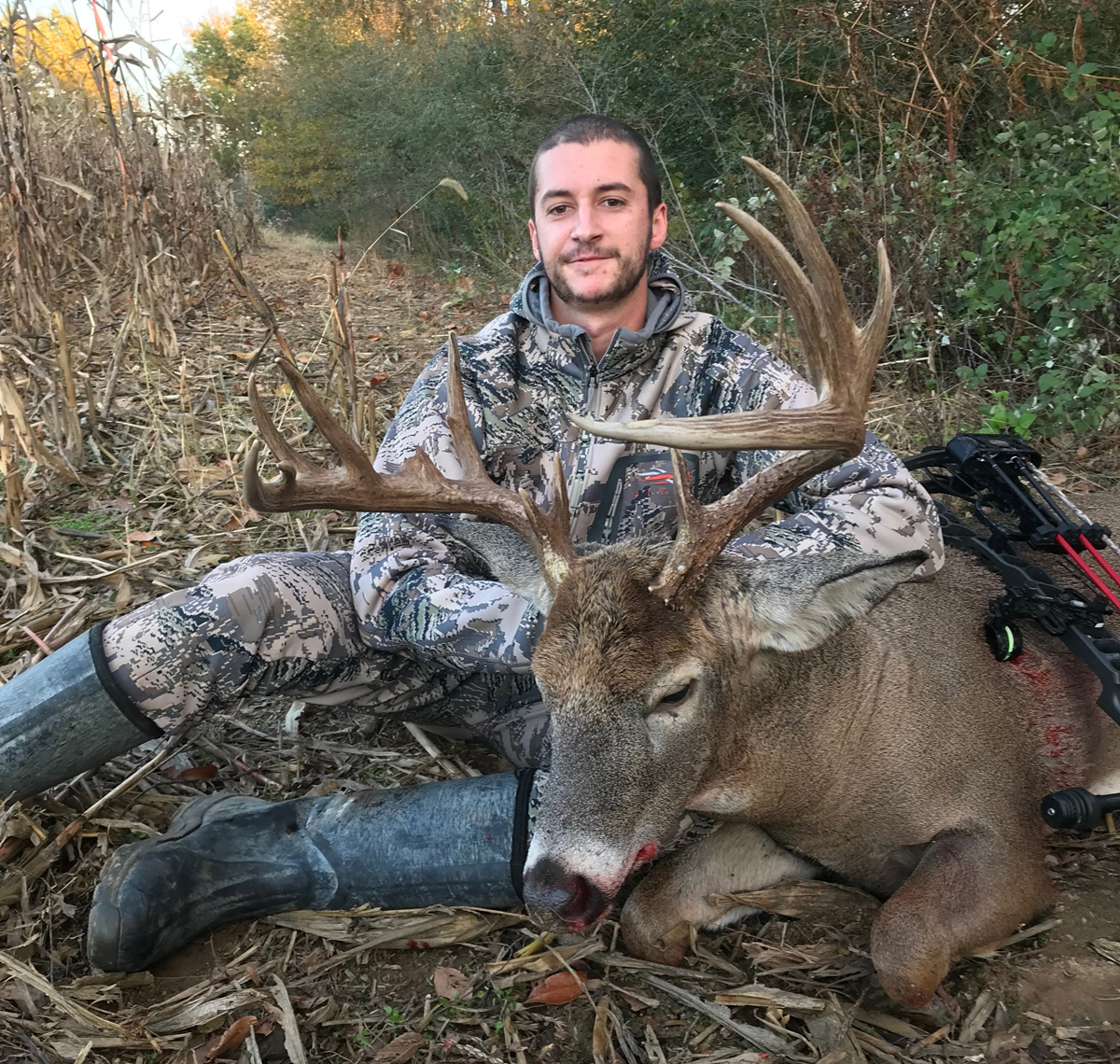
The Farm Bill essentially works to ensure that as sportsmen we will continue to be able the share the experiences that we have had with generations to come. Passing the 2018 bill with some boosts to conservation was a major win, but our work isn’t done.
As we work to implement the 2018 Farm Bill, I think it is an important to continue to grow the number of acres that we allot to the Conservation Reserve Program. While I wholeheartedly believe in largescale agriculture, I also believe in a balance. Programs like CRP allow for buffers from our water systems and field separations to alleviate soil erosion, all while creating habitat for our favorite species.
As someone who works the land to shape the health of our deer herd, I think there’s a huge opportunity to benefit wildlife and sportsmen if we have better access to these programs and funding.
Do you know someone “In the Arena” who should be featured here? Email info@trcp.org for a questionnaire.

